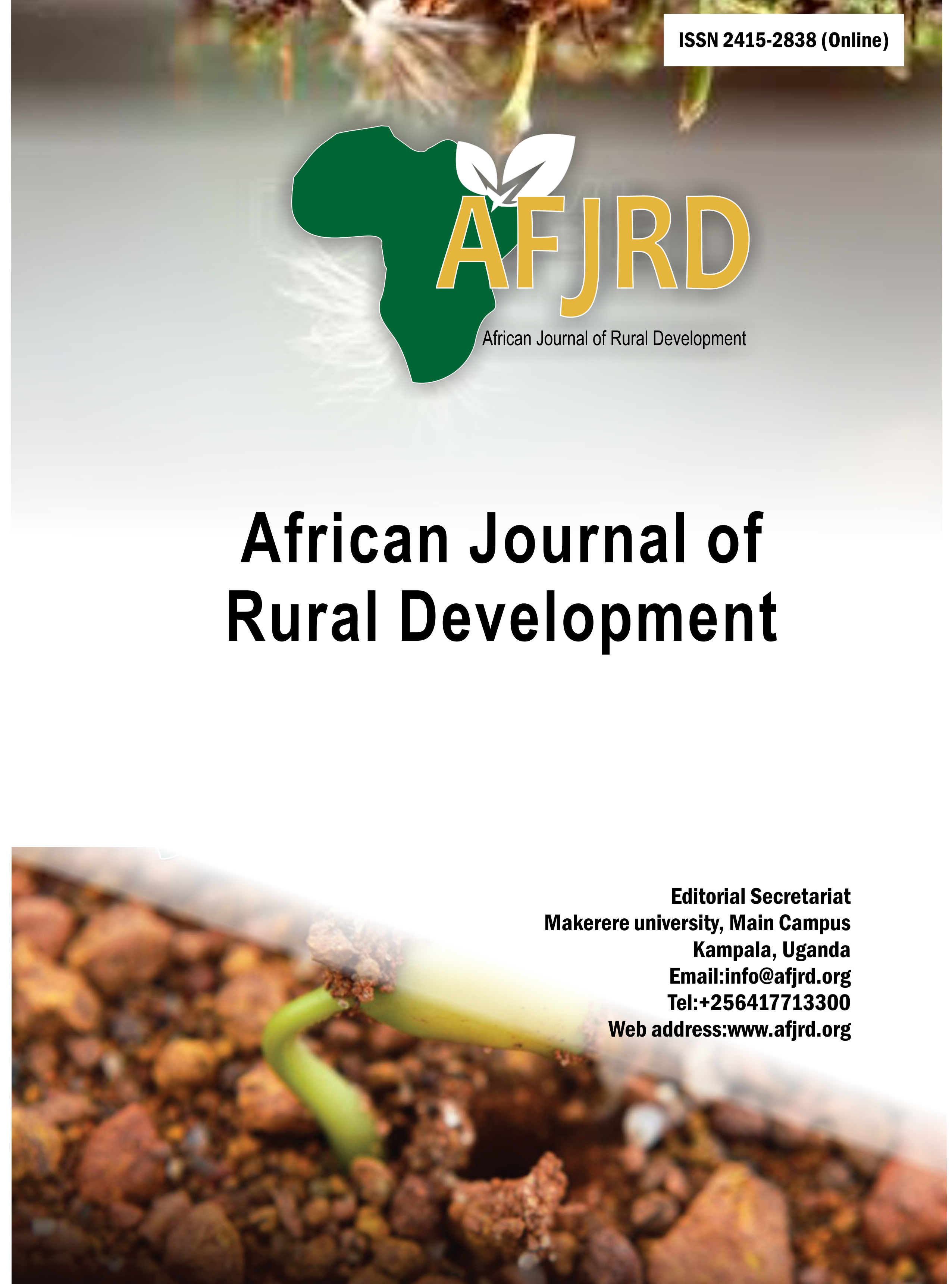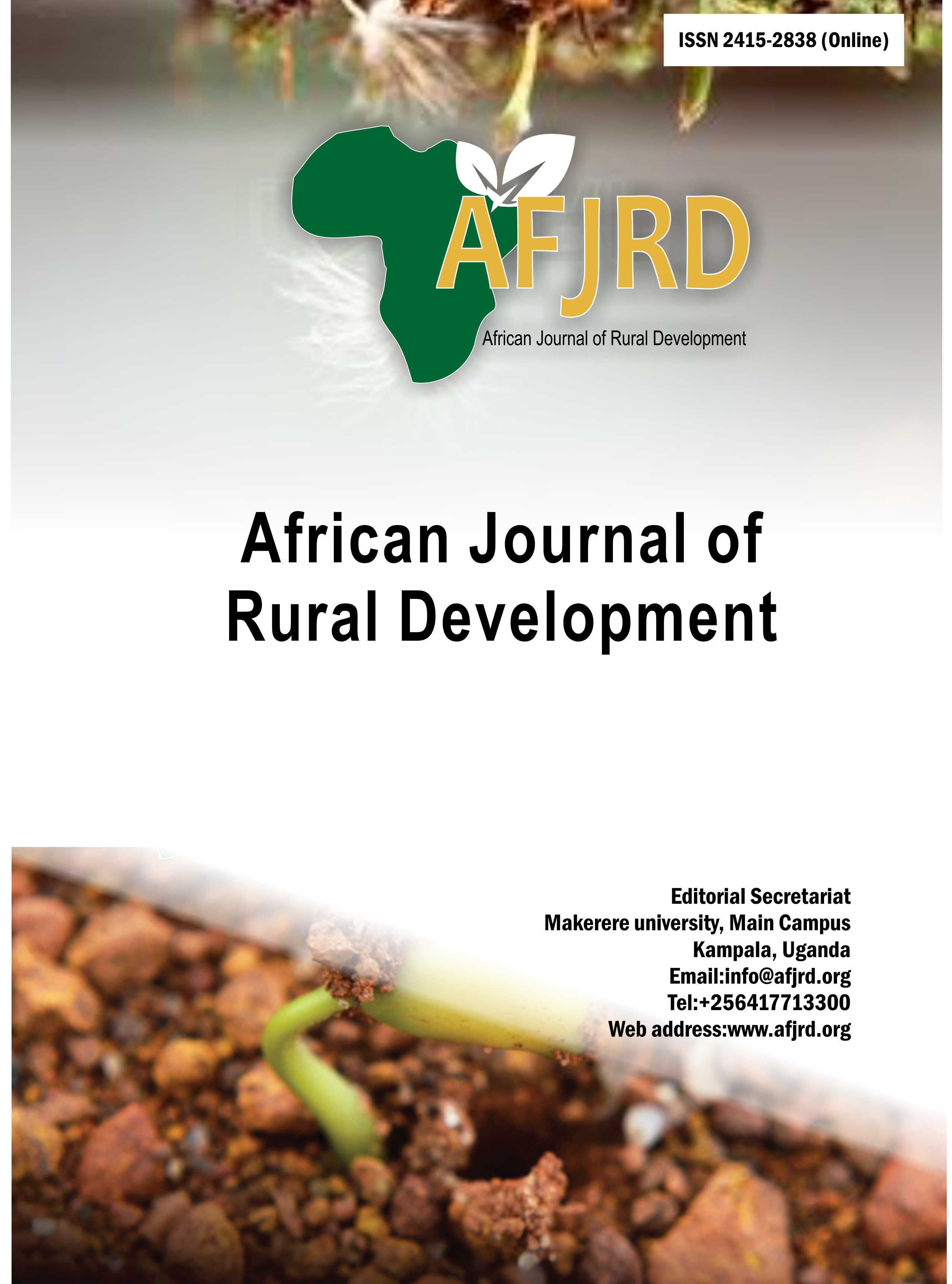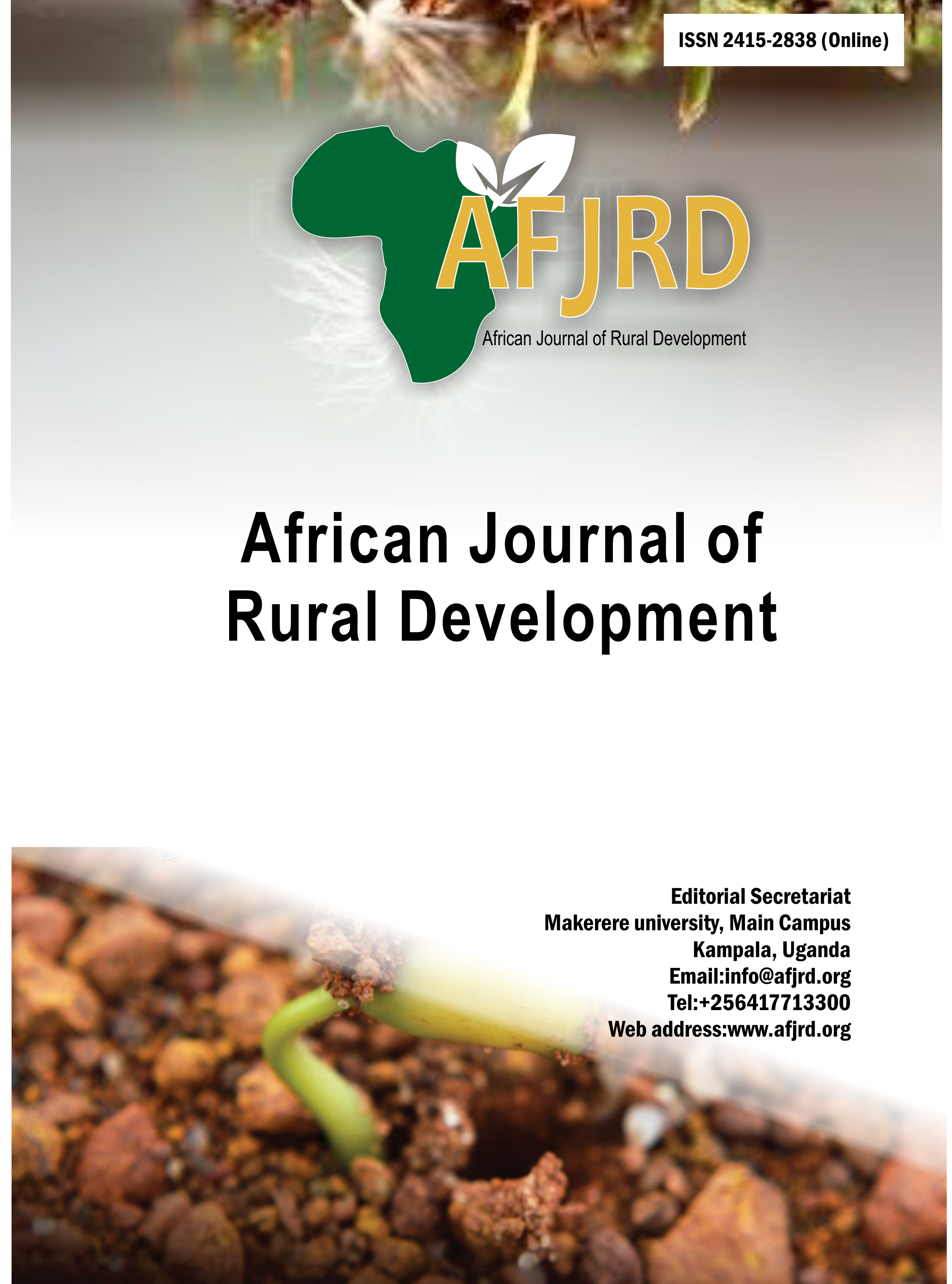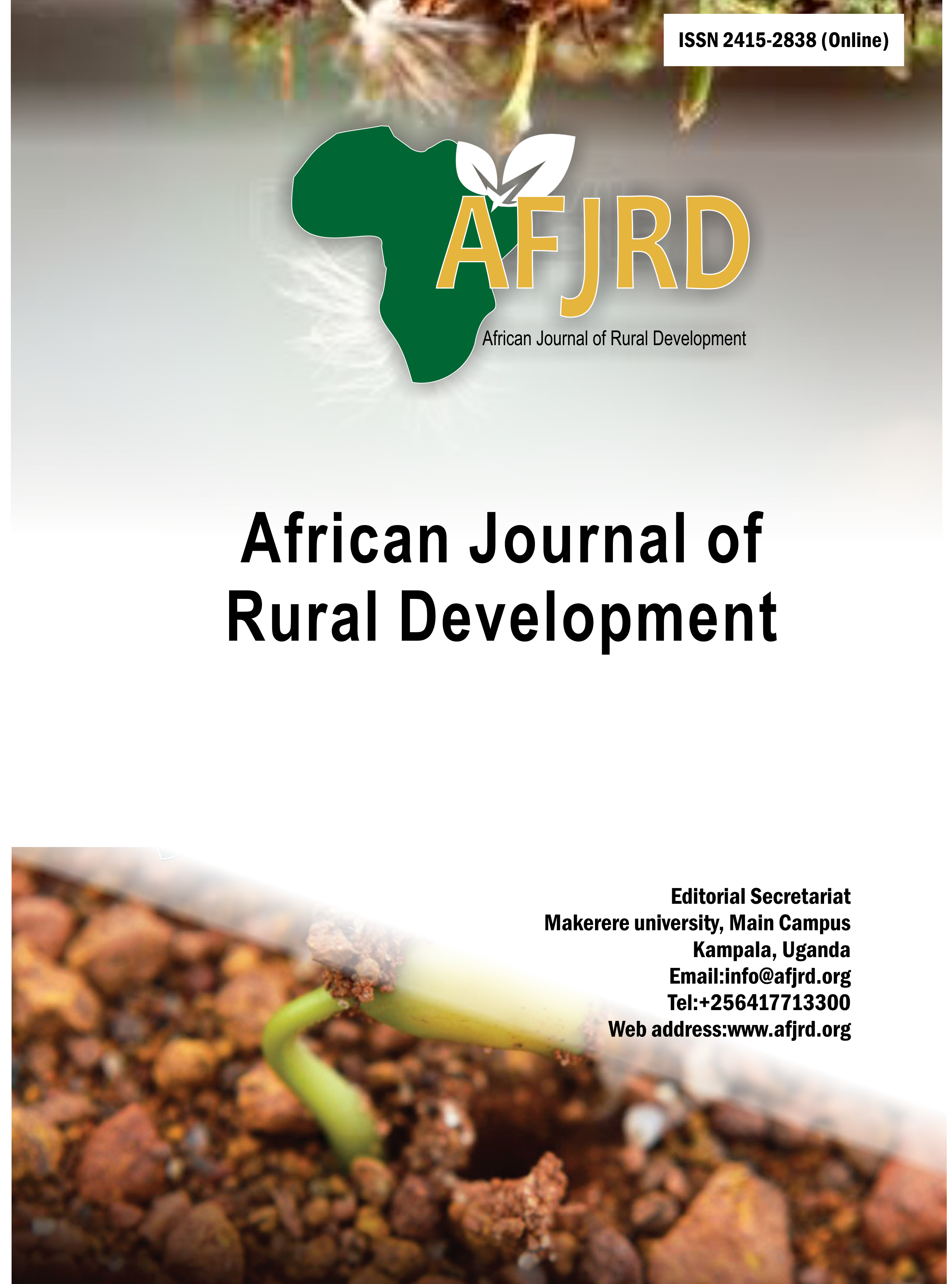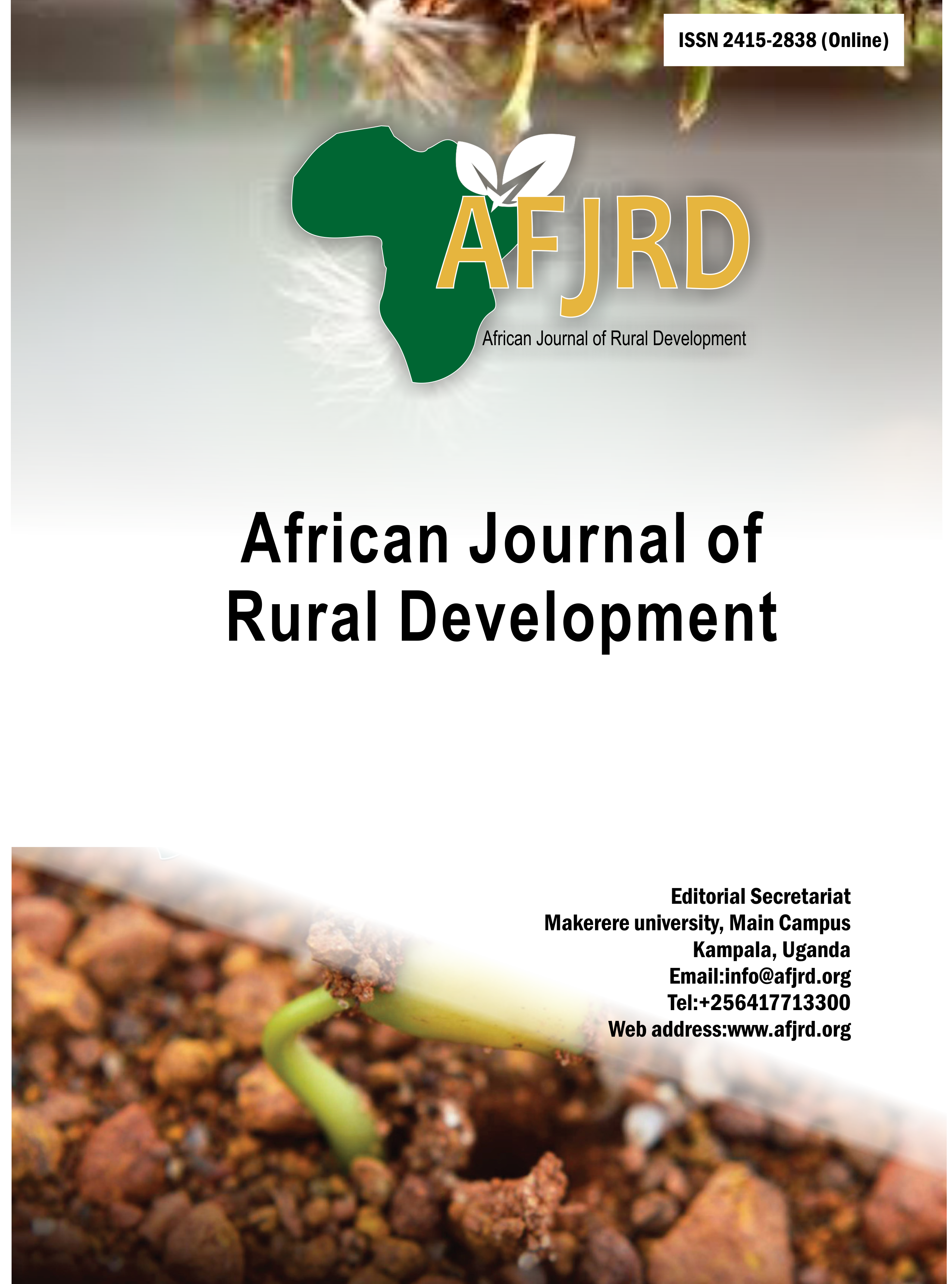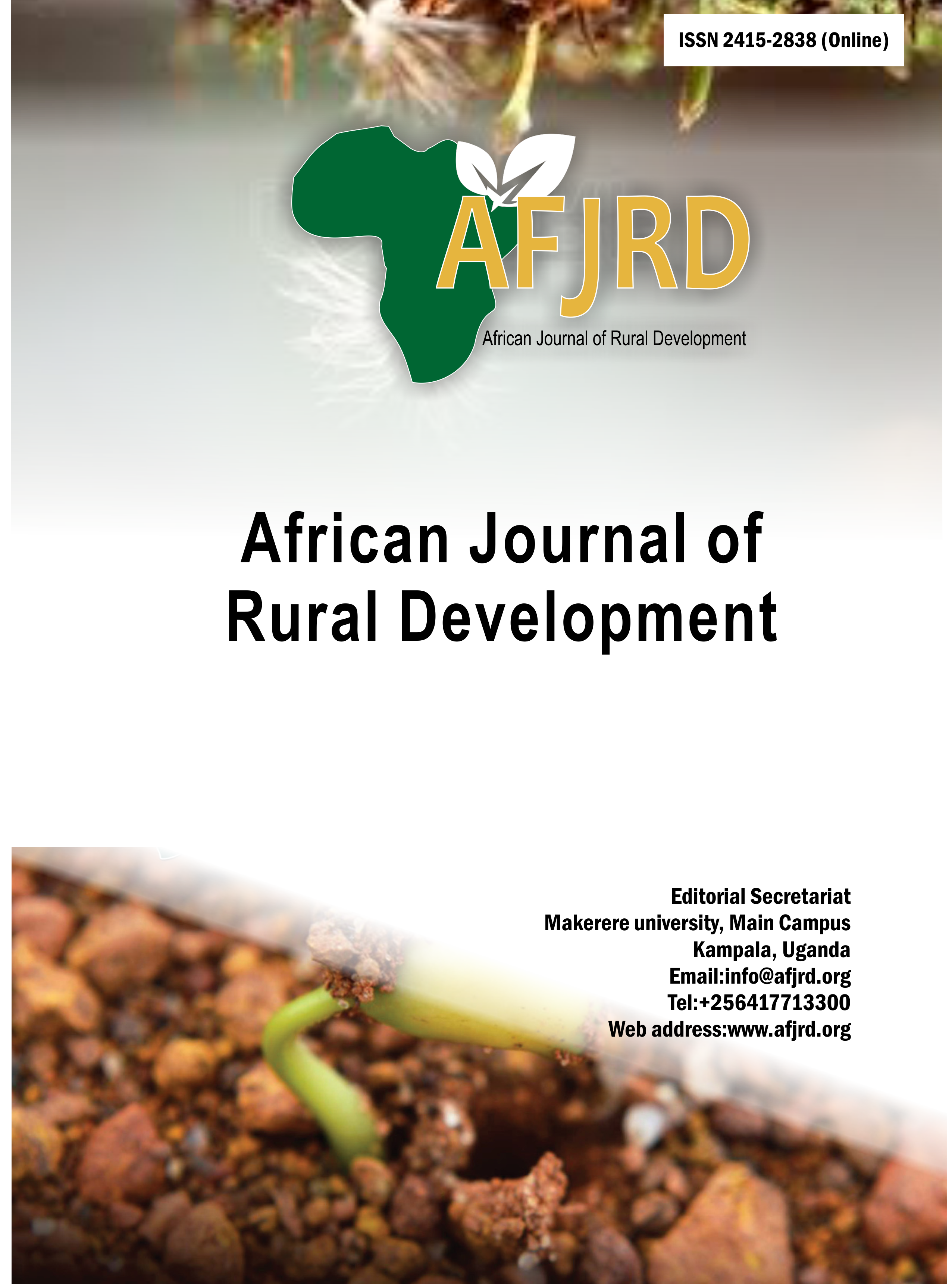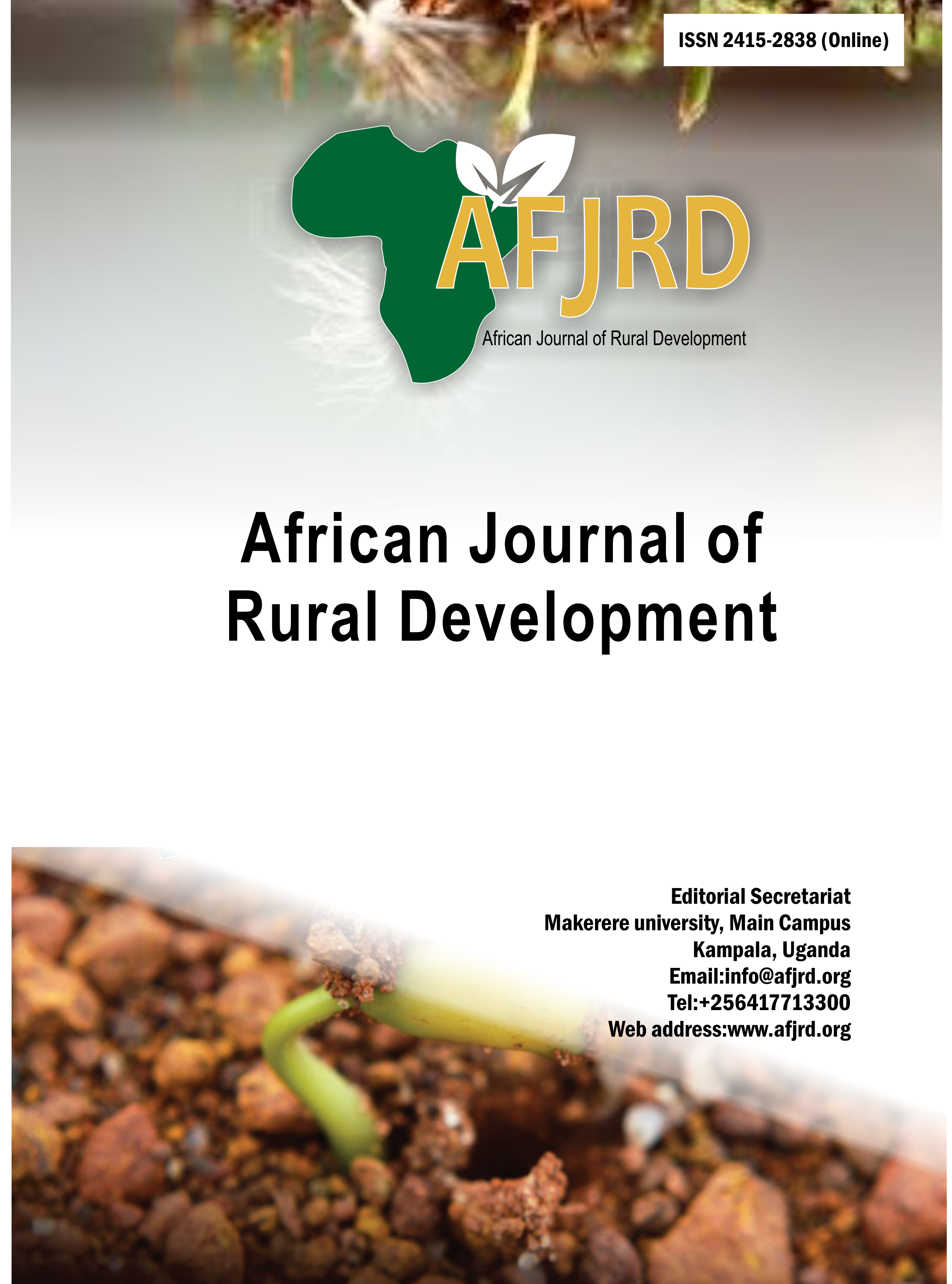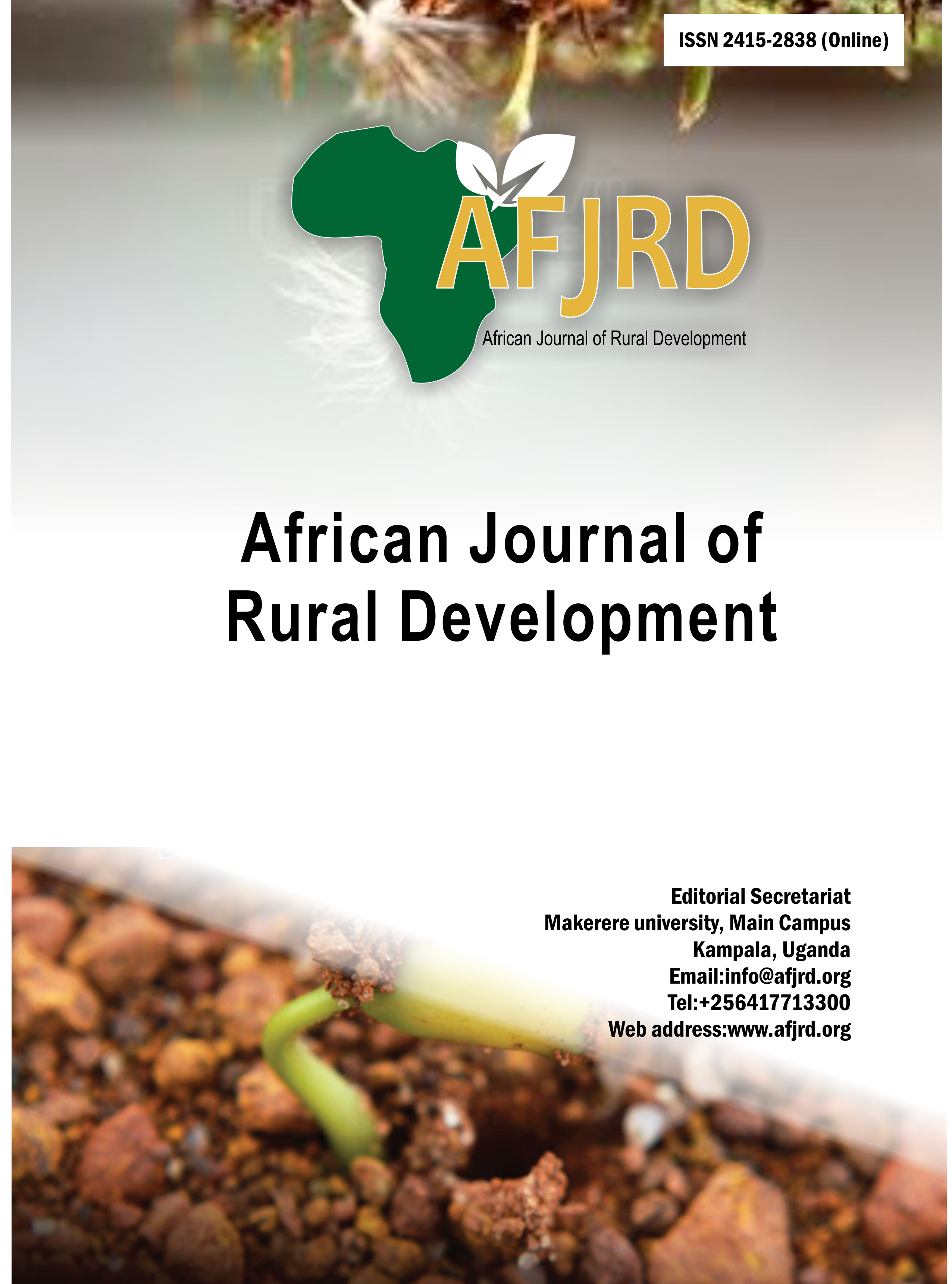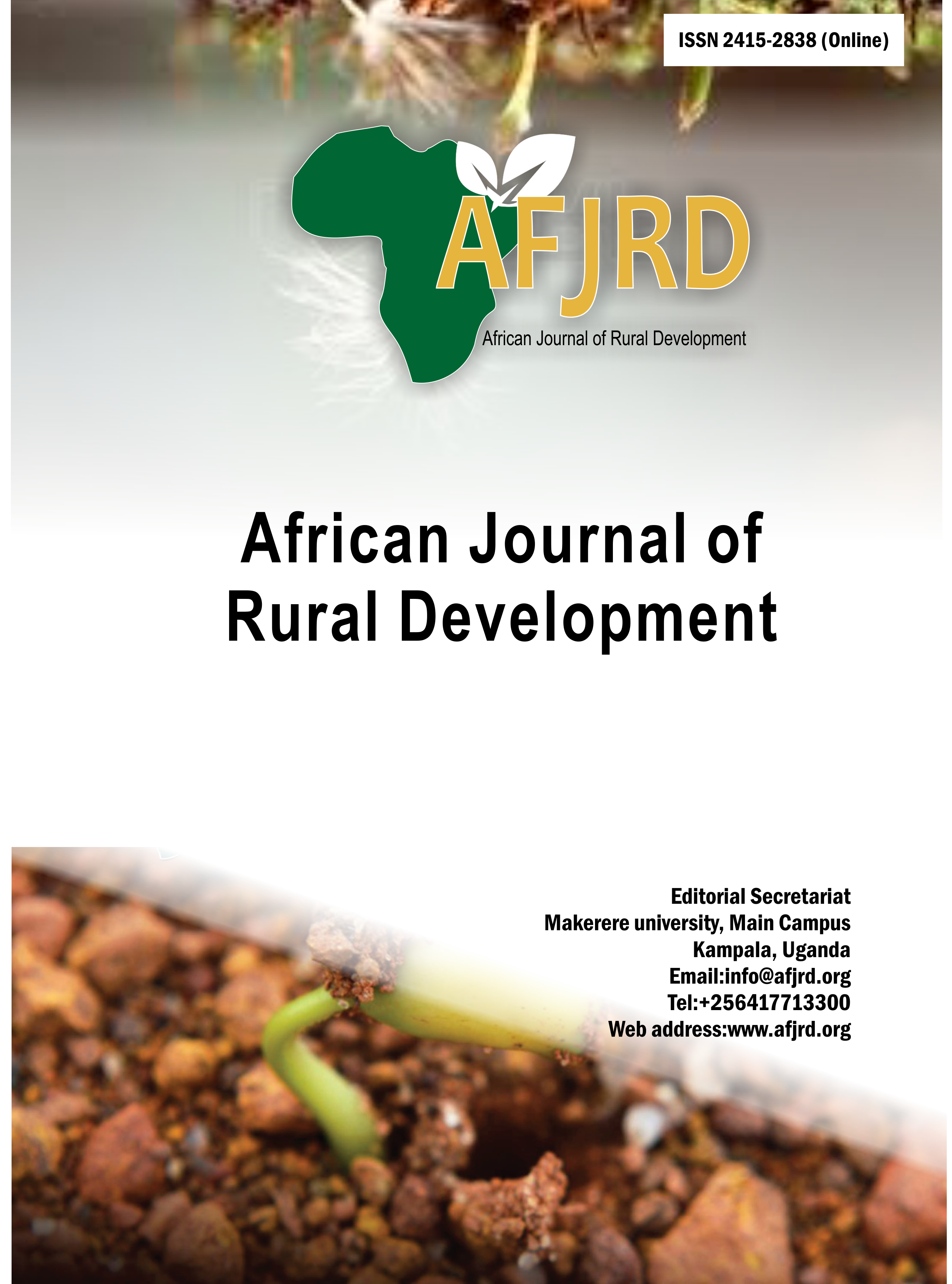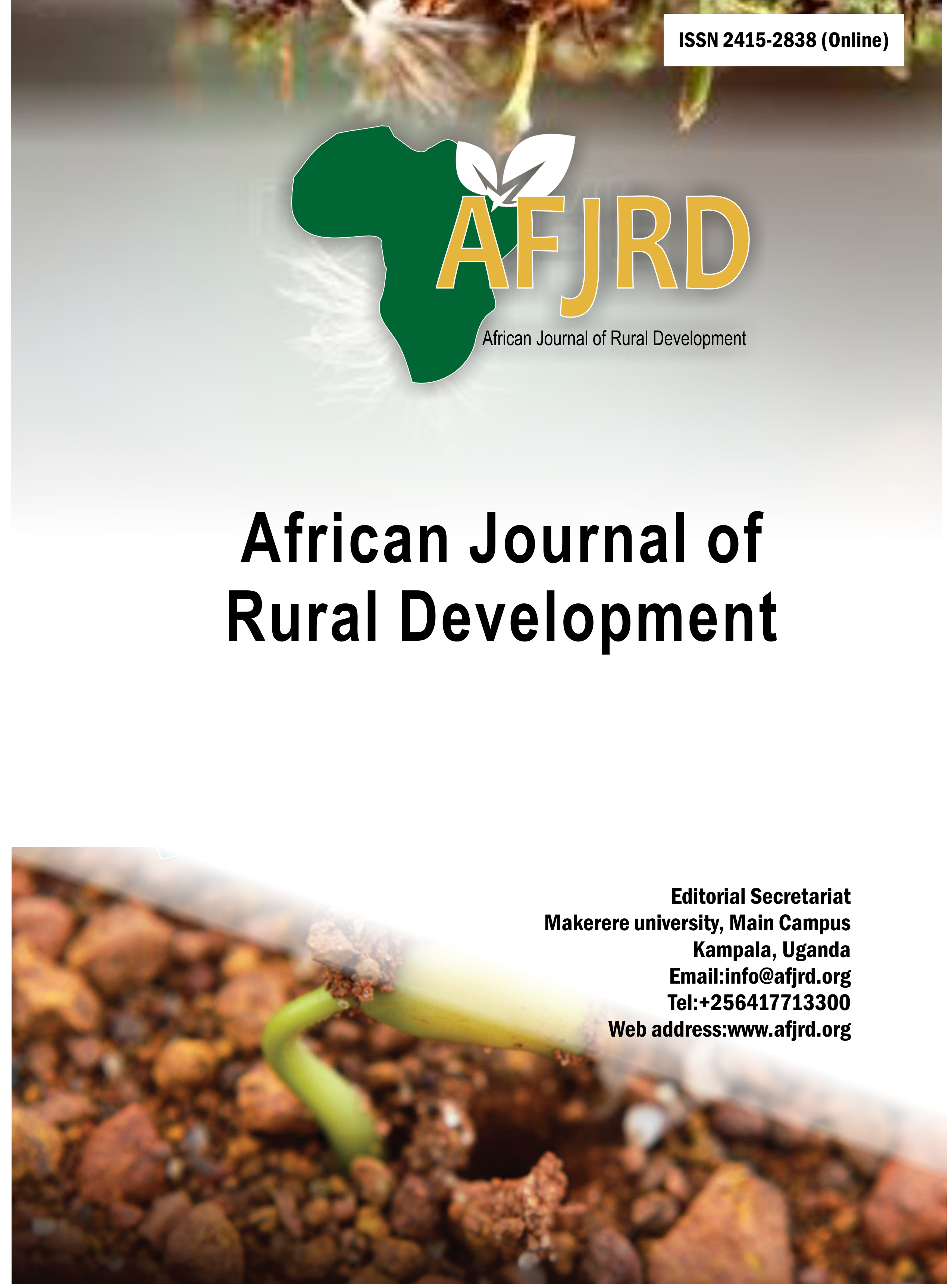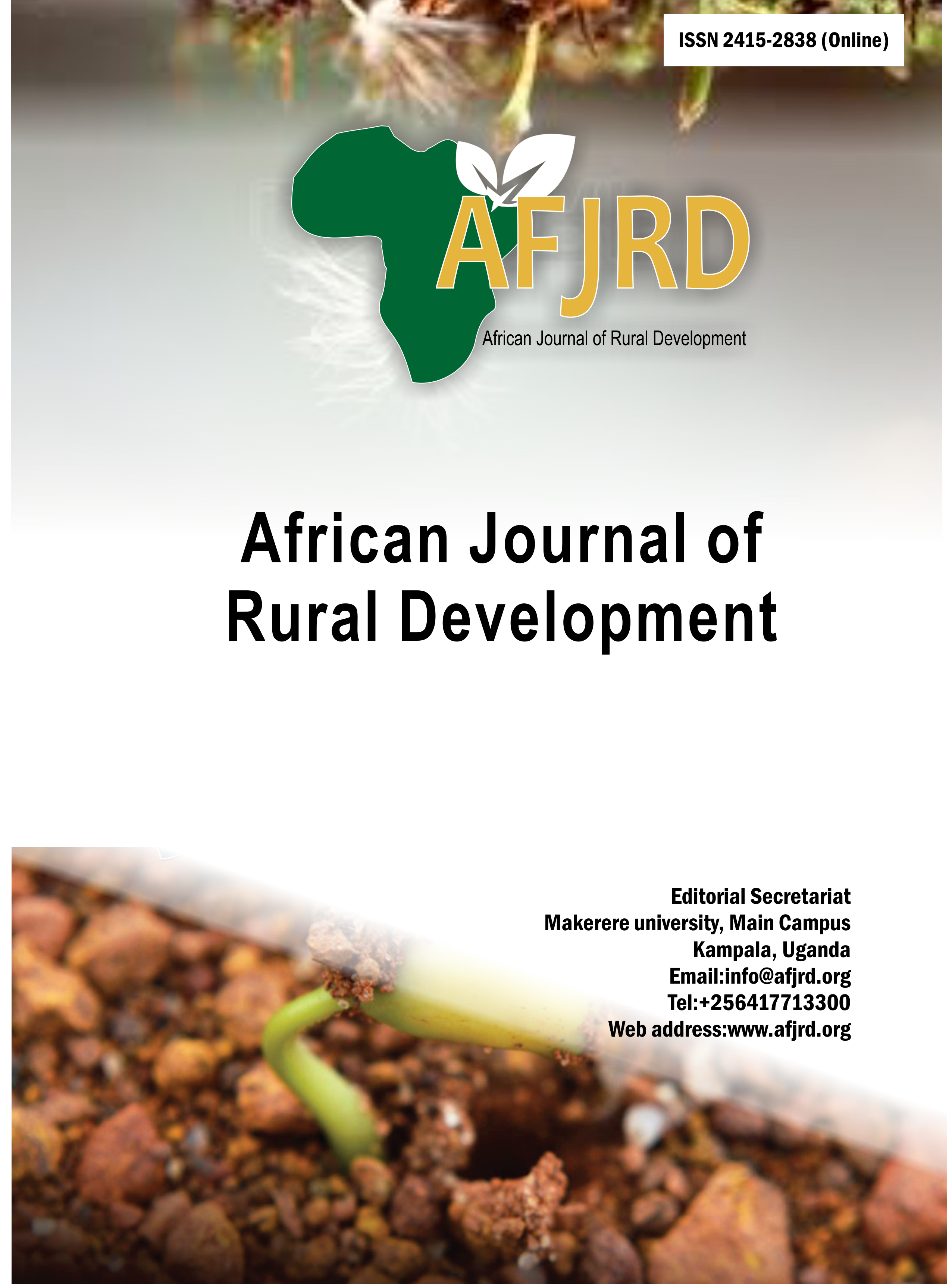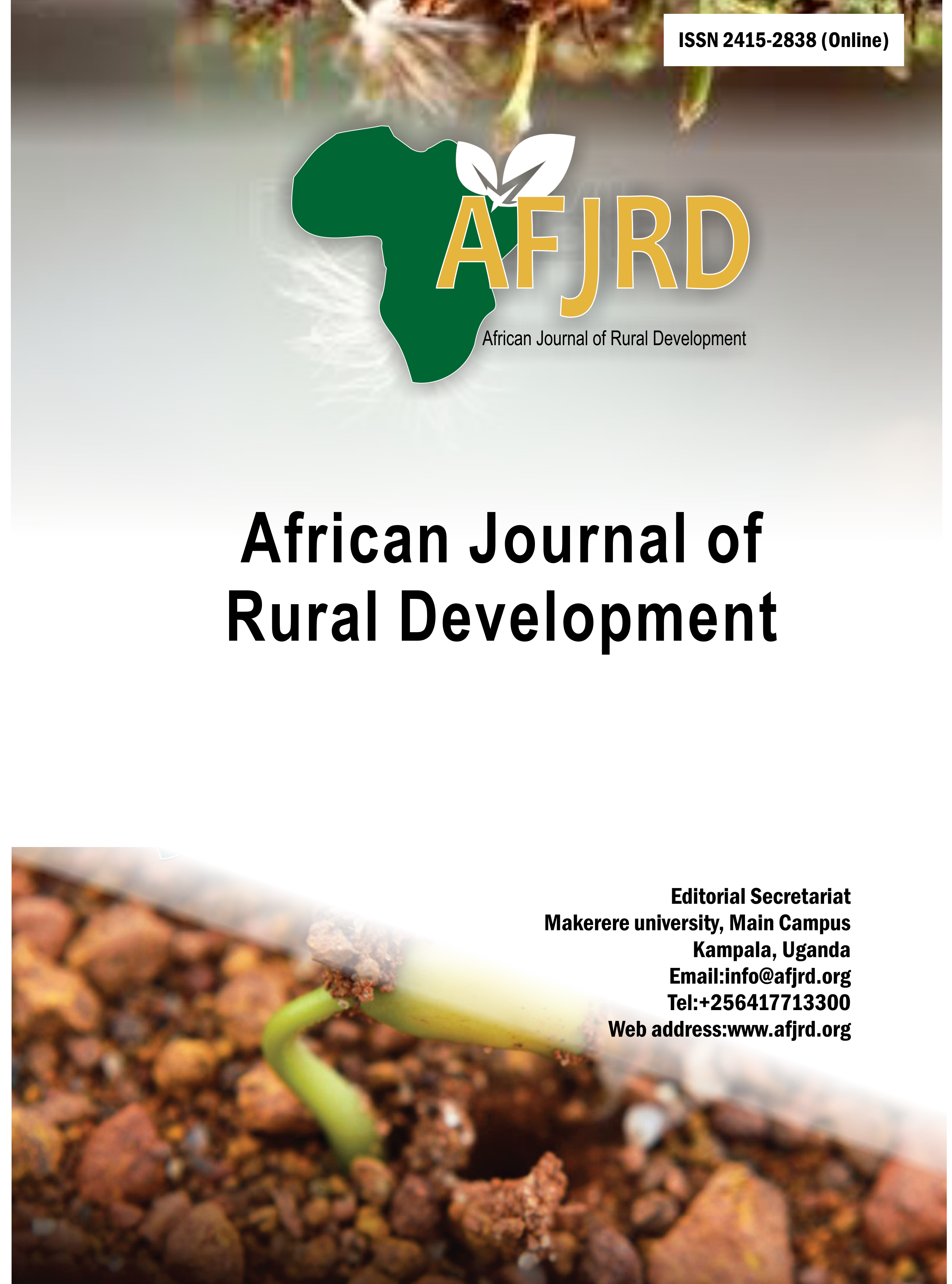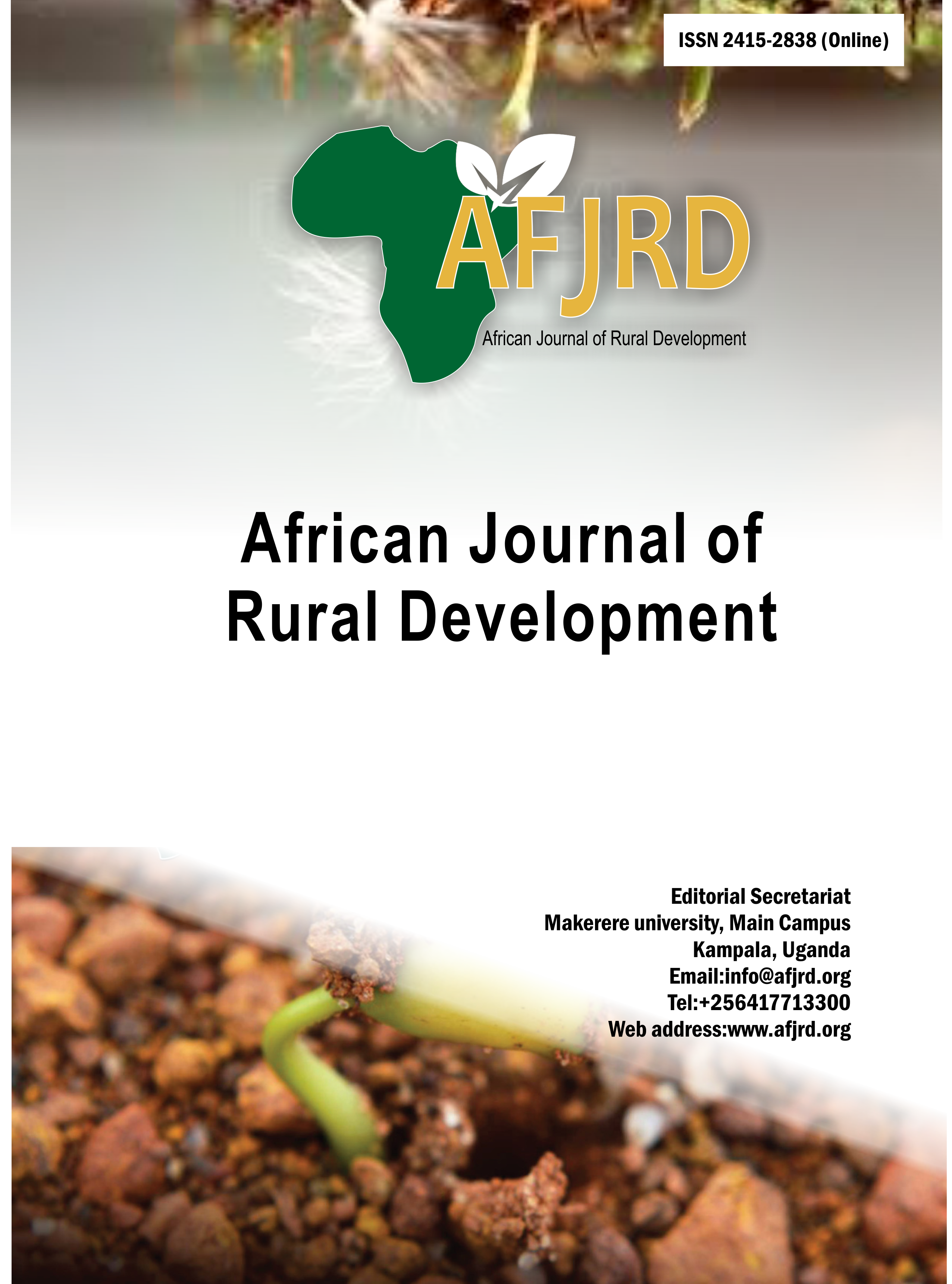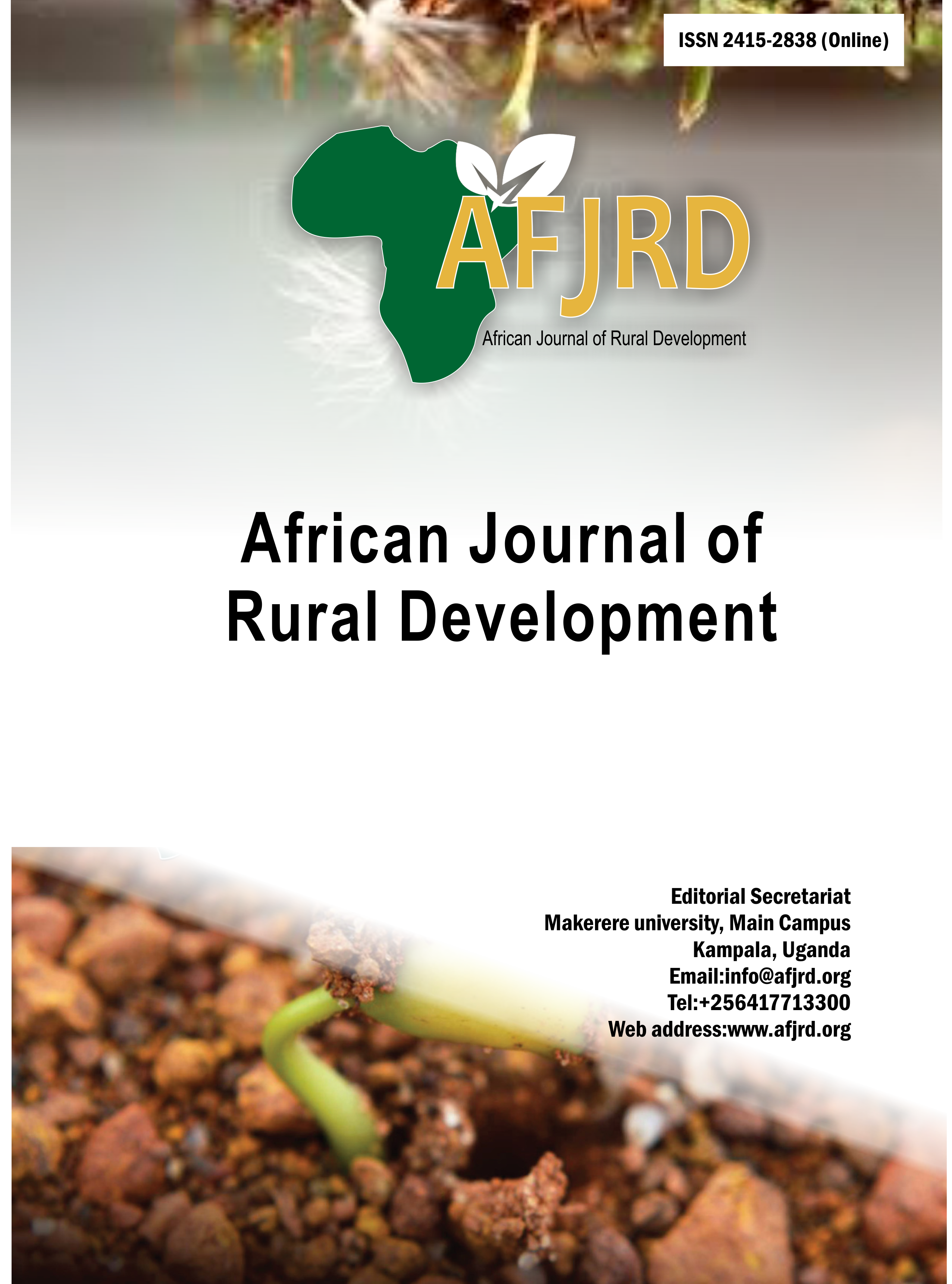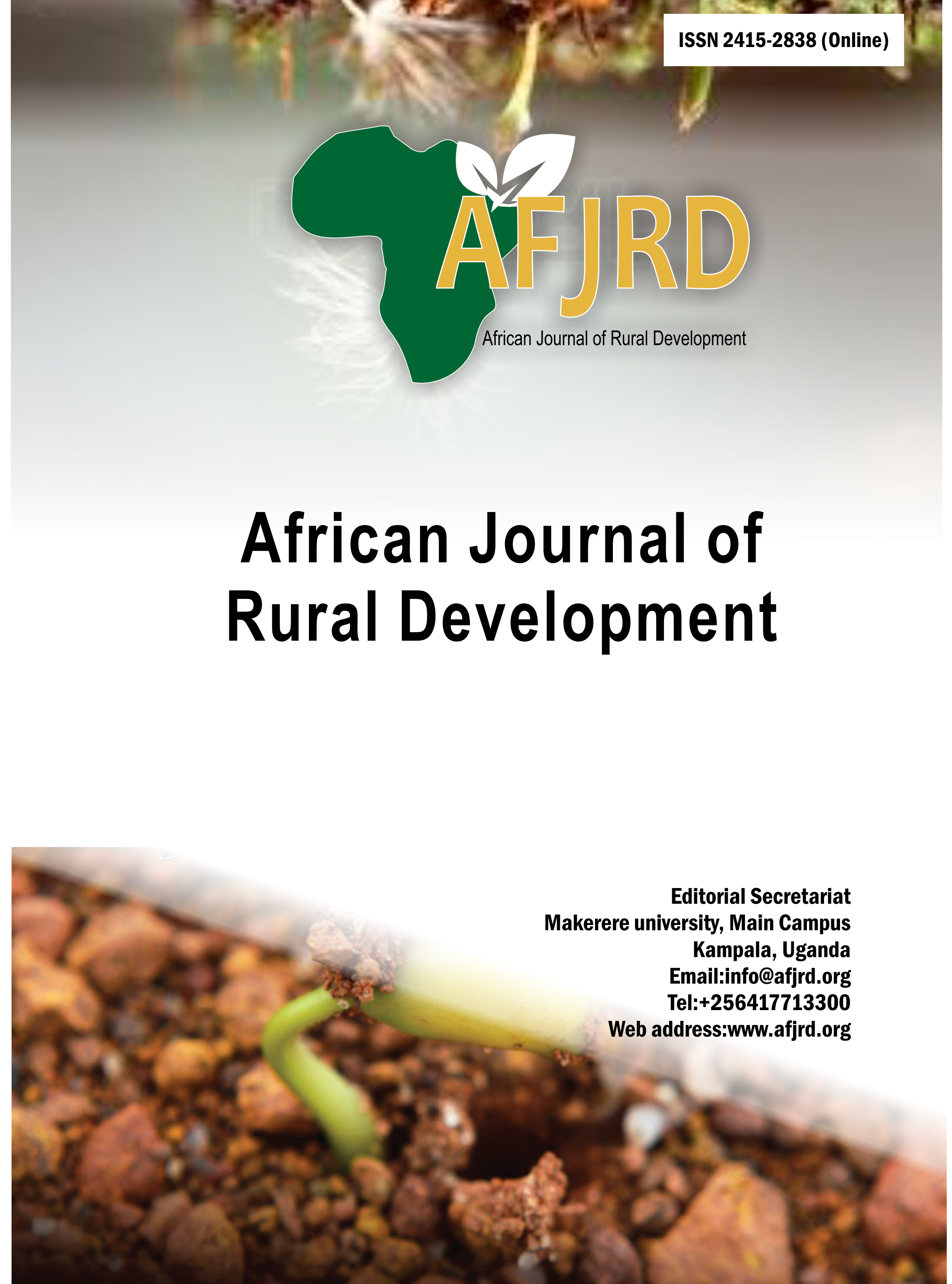Mississippi State University (MSU) with support from the United States Department of Agriculture, Foreign Agricultural Service (USDA-FAS) collaborated with the African Union (AU), the eight AU regional economic communities (RECs), and eight AU member states to implement a Fellowship Exchange Program whose goal was to establish and harmonize Sanitary and Phytosanitary (SPS) regulatory regimes across the eight AU-RECs. Sixteen AU and RECs officials and 11 SPS officials from AU member states were trained at MSU and other SPS institutions in the US to establish and harmonize SPS regulatory regimes in Africa. Following return of the fellows to their respective countries, MSU faculty who participated in the fellowship paid reciprocal visits to the fellows’ institutions in Africa to support them in implementing research projects developed while in the US and explore sustainable collaborations. Also, several sensitization and training workshops were organized in Africa (specifically in The Gambia, Mozambique, Nigeria, Uganda and Zambia) to support capacity development for implementing SPS regulatory regimes. Additional outputs of the program included a grant to the Nigerian National Agency for Food and Drug Administration and Control (NAFDAC), and two special issue publications by the East African Community Journal of Science and Technology and Innovation (EAJSTI) and the African Journal of Rural Development (AFJRD). Between the two journals twenty-one papers on SPS related topics were published on platforms that disseminate information widely in Africa. This AFJRD issue comprises of 13 papers grouped into an Introduction, Conclusion and six themes of 1) Perspectives on the SPS Policy Framework for Africa and the African Continental Free Trade Area 2) Food Safety 3) Plant Health 4) Animal Health 5) General SPS Policy/Management, and 6) Other Barriers to Trade and development in Africa.
Keywords: African Union; African Continental Free Trade Area, Regional Economic Communities; Fellowship; Sanitary and Phytosanitary Measures; USDA-FAS
RÉSUMÉ
L’Université d’État du Mississippi (MSU), avec le soutien du Département de l’Agriculture des États-Unis, Service de l’Agriculture Étrangère (USDA-FAS), a collaboré avec l’Union Africaine (UA), les huit communautés économiques régionales (CER) de l’UA, et huit États membres de l’UA pour mettre en œuvre un programme d’échange de bourses visant à établir et à harmoniser les régimes réglementaires sanitaires et phytosanitaires (SPS) à travers les huit CER de l’UA. Seize fonctionnaires de l’UA et des CER ainsi que 11 fonctionnaires SPS des États membres de l’UA ont été formés à la MSU et dans d’autres institutions SPS aux États-Unis pour établir et harmoniser les régimes réglementaires SPS en Afrique. Après leur retour dans leurs pays respectifs, les professeurs de la MSU ayant participé au programme de bourses ont effectué des visites réciproques dans les institutions des boursiers enAfrique pour les soutenir dans la mise en œuvre des projets de recherche développés aux États-Unis et explorer des collaborations durables. De plus, plusieurs ateliers de sensibilisation et de formation ont été organisés en Afrique (notamment en Gambie, au Mozambique, au Nigéria, en Ouganda et en Zambie) pour soutenir le développement des capacités à mettre en œuvre les régimes réglementaires SPS. D’autres résultats du programme incluent une subvention à l’Agence Nationale de l’Alimentation et du Médicament du Nigéria (NAFDAC), ainsi que deux numéros spéciaux publiés par le Journal de la Communauté de l’Afrique de l’Est sur la Science, la Technologie et l’Innovation (EAJSTI) et le Journal Africain du Développement Rural (AFJRD). Ensemble, ces deux revues ont publié vingt et un articles sur des sujets liés aux SPS sur des plateformes qui diffusent largement l’information en Afrique. Ce numéro de l’AFJRD comprend 13 articles regroupés en une introduction, une conclusion et six thèmes : 1) Perspectives sur le cadre politique SPS pour l’Afrique et la Zone de Libre-Échange Continentale Africaine, 2) Sécurité alimentaire, 3) Santé des plantes, 4) Santé animale, 5) Politique/Gestion générale des SPS, et 6) Autres obstacles au commerce et au développement en Afrique.
Published: 2025-10-03

